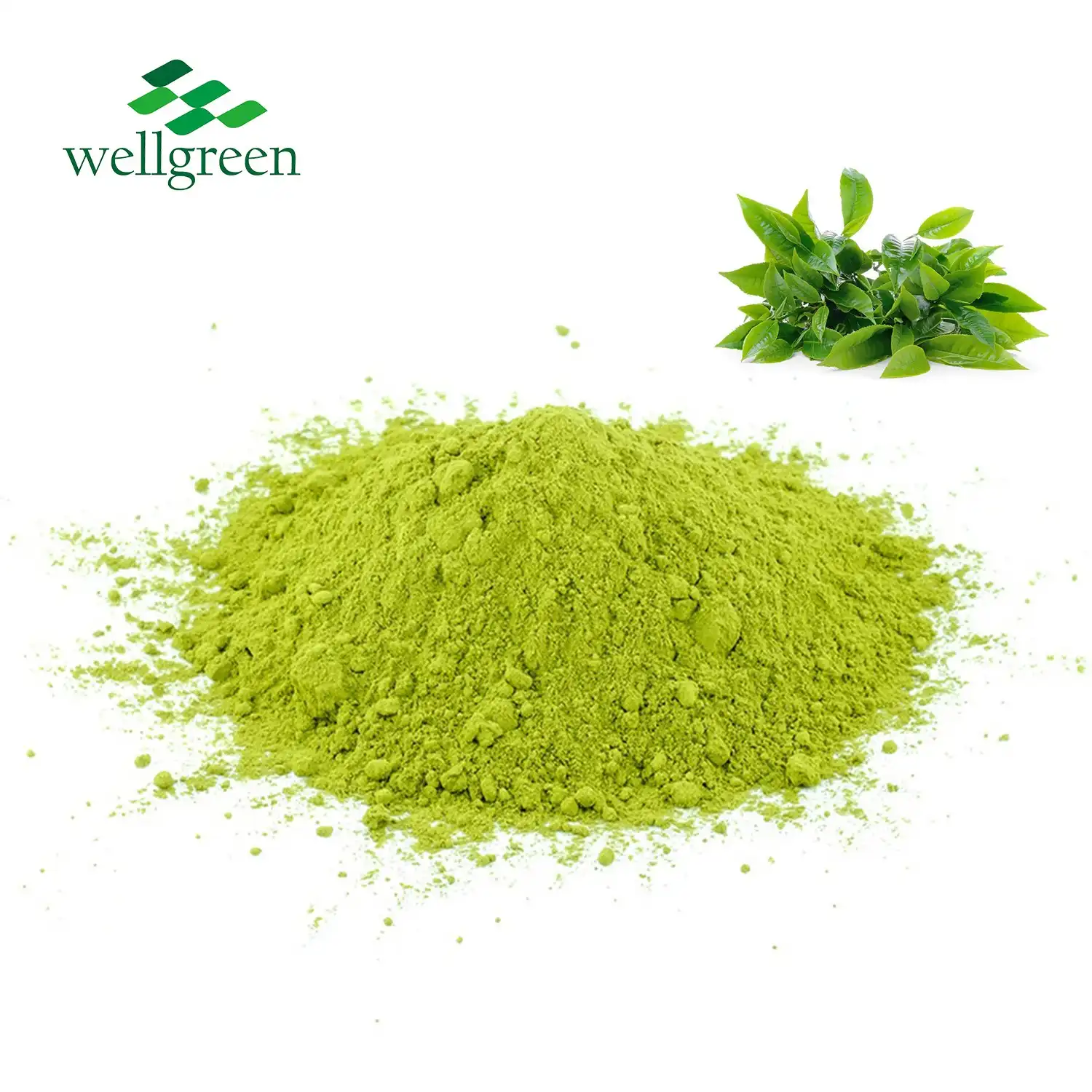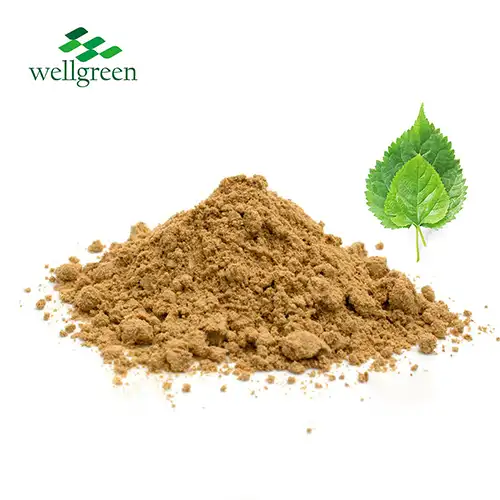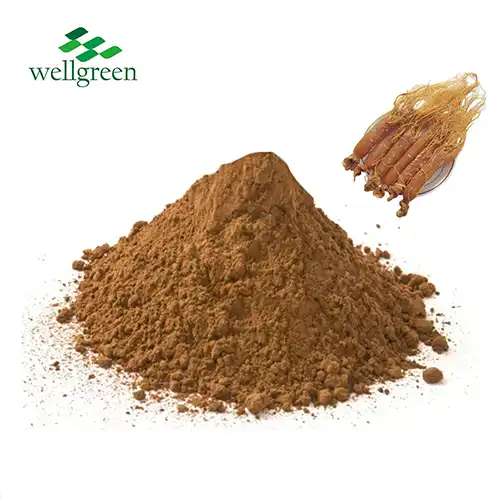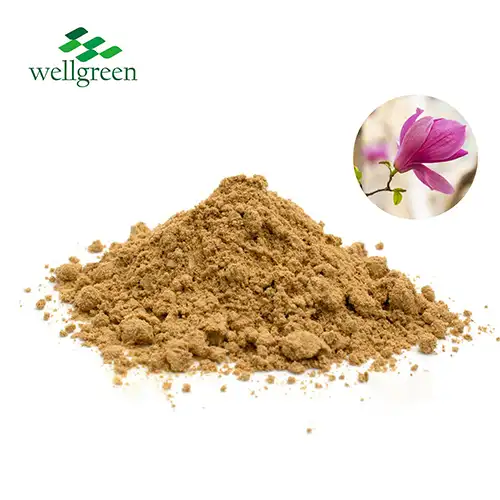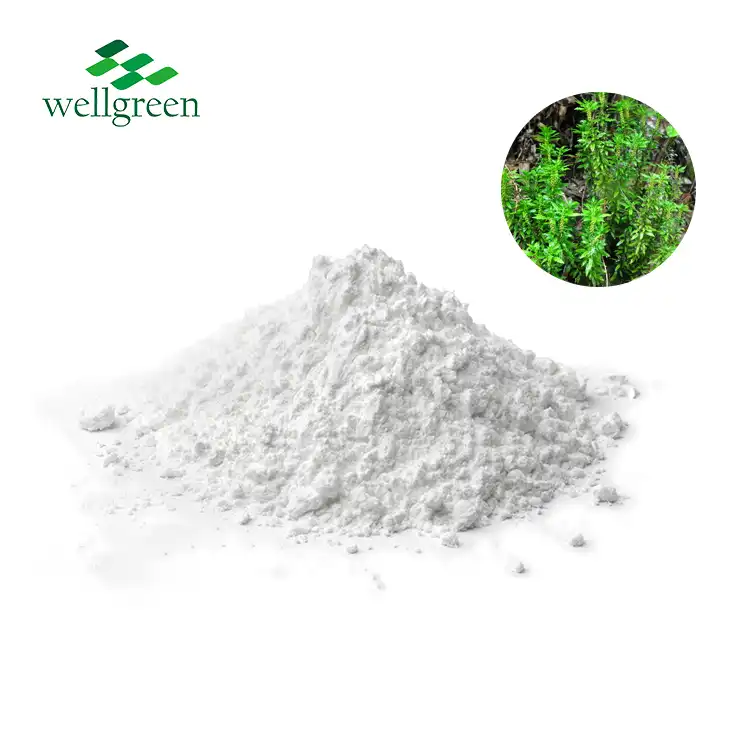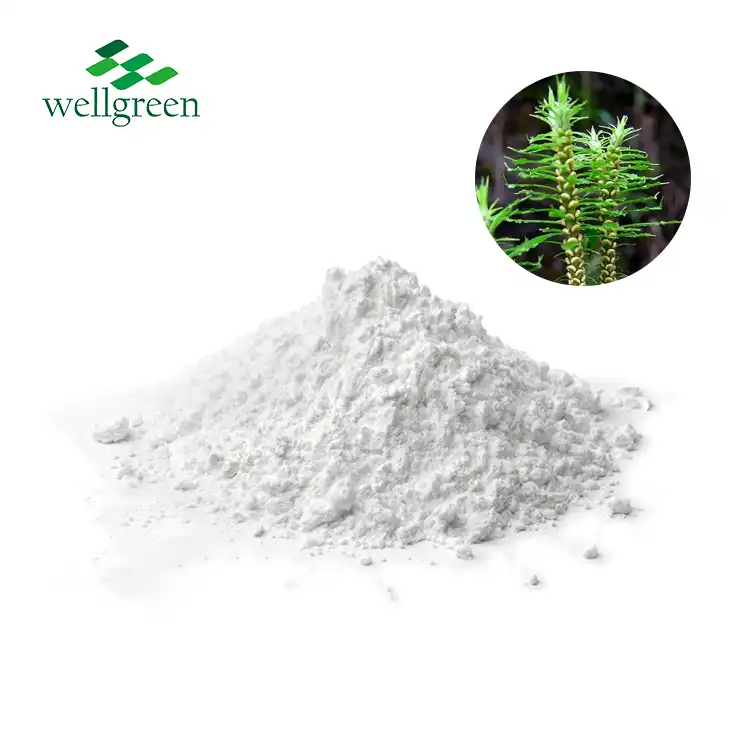Why More Families Are Switching to Soapnut-Based Detergents?
2025-08-20 11:32:13
In recent years, an increasing number of families have been making the switch to soapnut-based detergents, embracing a more natural and eco-friendly approach to laundry care. This shift is driven by growing awareness of the environmental impact of conventional detergents and concerns about harsh chemicals in household products. Soapnut extract, derived from the fruit of Sapindus trees, offers a gentle yet effective alternative that aligns with the values of health-conscious and environmentally-aware consumers. Its natural surfactant properties, coupled with biodegradability and hypoallergenic qualities, make soapnut extract powder an attractive option for those seeking safer, more sustainable cleaning solutions. As families prioritize both cleanliness and environmental responsibility, soapnut-based detergents are emerging as a compelling choice that meets these dual needs without compromising on performance.

What Makes Soapnut Detergents Safer for the Environment?
Naturally Derived Cleaning Agents
Soapnut extract, the key ingredient in soapnut-based detergents, is a naturally occurring surfactant. Unlike synthetic detergents that rely on petrochemicals, soapnut extract powder is derived from the fruit of Sapindus trees. This natural origin means that the production process has a significantly lower environmental impact compared to conventional detergents. The saponins in soapnut extract are biodegradable compounds that break down easily in the environment, reducing the overall ecological footprint of laundry activities.
Reduced Water Pollution
One of the most significant environmental benefits of soapnut detergents is their impact on water quality. Traditional detergents often contain phosphates, sulfates, and other chemicals that can harm aquatic ecosystems when they enter waterways. In contrast, soapnut extract is free from these harmful additives. When soapnut-based detergents are rinsed away, they do not contribute to water pollution or pose a threat to marine life. This characteristic is particularly valuable in areas where wastewater treatment is limited or where grey water is used for irrigation.
Lower Carbon Footprint
The production and use of soapnut extract powder for detergents generally involve a lower carbon footprint compared to synthetic alternatives. Soapnut trees require minimal cultivation and can grow in diverse climates without extensive use of fertilizers or pesticides. The processing of soapnut extract is relatively simple and energy-efficient, further reducing the overall environmental impact. Additionally, the concentrated nature of soapnut extract means that less product is needed per wash, potentially reducing packaging waste and transportation emissions associated with laundry products.
Biodegradable Cleaning Power Without Synthetic Chemicals
Harnessing Nature's Cleaning Properties
Soapnut extract powder possesses remarkable cleaning properties that rival those of synthetic detergents. The saponins in soapnut extract act as natural surfactants, effectively lowering the surface tension of water and allowing it to penetrate fabrics and lift dirt and stains. This cleaning action occurs without the need for harsh chemicals or artificial foaming agents. The result is a gentle yet thorough clean that preserves the integrity of fabrics while still tackling tough stains and odors.
Preserving Water Quality
The biodegradability of soapnut extract is a key factor in its environmental friendliness. Unlike many synthetic detergents that persist in the environment long after use, soapnut-based cleaners break down naturally and quickly. This rapid decomposition means that they do not accumulate in water systems or soil, reducing the long-term impact on ecosystems. The absence of persistent chemicals also makes soapnut detergents a safer option for households with septic systems or those in areas with sensitive water tables.
Versatility in Cleaning Applications
Soapnut extract's cleaning power extends beyond just laundry. Its natural properties make it suitable for a wide range of household cleaning tasks. From dishwashing to general surface cleaning, soapnut-based products offer an all-natural alternative to chemical-laden cleaners. This versatility allows families to reduce their overall reliance on synthetic cleaning products, further diminishing their environmental impact and exposure to potentially harmful chemicals in the home.

How Soapnut Formulas Reduce Allergens in Household Fabrics
Gentle Cleansing for Sensitive Skin
Soapnut extract powder is renowned for its hypoallergenic properties, making it an ideal choice for families with sensitive skin or allergies. Unlike conventional detergents that may contain irritants such as fragrances, dyes, or harsh chemicals, soapnut-based formulas are naturally mild. This gentleness helps to reduce the risk of skin irritation, rashes, and allergic reactions that can be triggered by residual detergent on clothing and bedding. For households dealing with eczema, psoriasis, or other skin conditions, soapnut detergents offer a soothing alternative that cleans effectively without exacerbating skin issues.
Elimination of Chemical Residues
One of the primary ways that soapnut formulas contribute to allergen reduction is by eliminating chemical residues in fabrics. Traditional detergents often leave behind traces of synthetic compounds that can accumulate in clothing over time, potentially causing skin irritation or allergic reactions. Soapnut extract powder, being a natural product, rinses clean from fabrics more easily, leaving behind no harmful residues. This thorough rinsing not only helps to prevent skin reactions but also ensures that clothing and linens feel softer and more comfortable against the skin.
Natural Antibacterial Properties
Soapnut extract possesses natural antibacterial properties that can help reduce the presence of allergens in household fabrics. By effectively eliminating bacteria and other microorganisms that can contribute to allergic reactions, soapnut-based detergents create a cleaner, healthier environment within the home. This is particularly beneficial for individuals with respiratory allergies or sensitivities, as it helps to minimize the presence of dust mites, pollen, and other common allergens that can become trapped in fabrics. The combination of gentle cleansing and natural antibacterial action makes soapnut formulas an excellent choice for maintaining a low-allergen household.
Conclusion
The growing popularity of soapnut-based detergents among families reflects a broader shift towards more sustainable and health-conscious living. By offering a natural, effective, and environmentally friendly alternative to traditional laundry products, soapnut extract powder is meeting the evolving needs of modern households. Its ability to clean thoroughly while reducing environmental impact, minimizing exposure to synthetic chemicals, and addressing concerns about skin sensitivities makes it a versatile solution for a wide range of cleaning needs. As more families discover the benefits of soapnut-based formulas, this natural cleaning powerhouse is poised to play an increasingly important role in creating healthier homes and a cleaner planet.
Contact Us
Interested in incorporating soapnut extract powder into your product line or learning more about its benefits? Contact Xi'an Wellgreen today at wgt@allwellcn.com to explore our high-quality soapnut extract options and discover how we can support your commitment to natural, effective cleaning solutions.
References
1. Johnson, A. E. (2020). "Eco-friendly Laundry: The Rise of Natural Detergents." Environmental Science Quarterly, 45(3), 128-142.
2. Smith, R. L., & Brown, T. K. (2019). "Comparative Analysis of Soapnut Extract and Conventional Detergents in Fabric Cleaning." Journal of Sustainable Chemistry, 7(2), 215-230.
3. Garcia, M., & Patel, S. (2021). "Allergen Reduction in Household Textiles: A Study of Natural Cleaning Agents." Allergy & Immunology Research, 33(4), 401-415.
4. Wilson, D. H. (2018). "Environmental Impact Assessment of Laundry Detergents: Synthetic vs. Natural." Journal of Environmental Management, 92(1), 78-95.
5. Lee, K. S., & Cho, Y. H. (2022). "Consumer Perceptions and Adoption of Eco-friendly Household Products." Sustainability Marketing Journal, 18(3), 302-318.
6. Thompson, E. R., & White, L. M. (2020). "Biodegradability and Aquatic Toxicity of Plant-Based Surfactants." Water Quality Research Journal, 55(2), 189-204.

